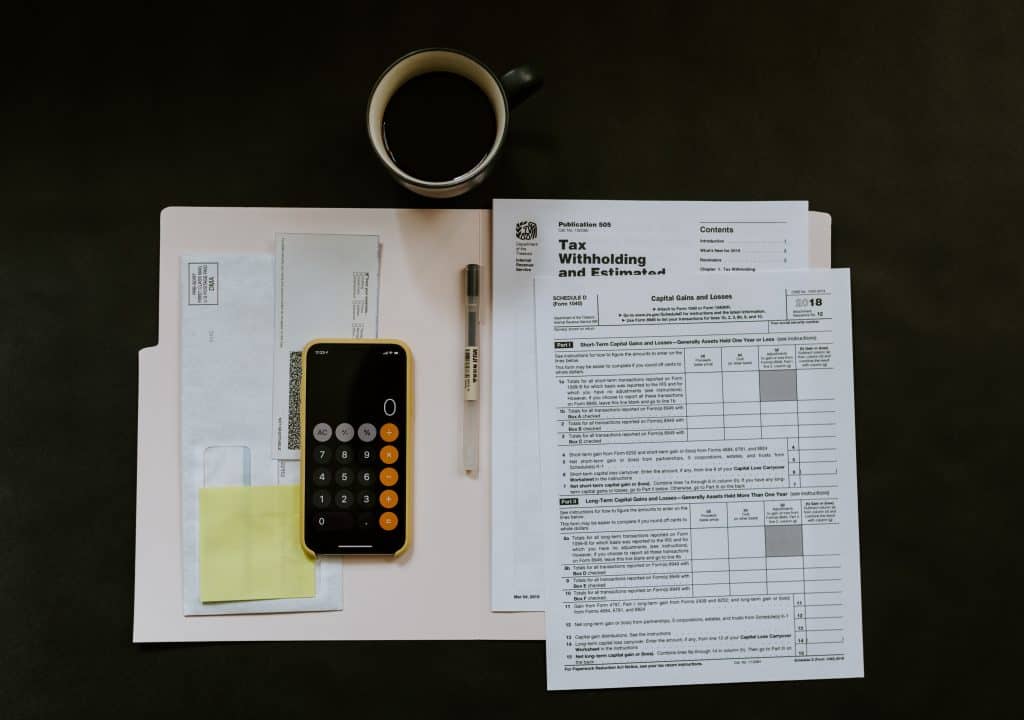There are many benefits of Florida residency. Top tax reasons to become a Florida resident are:

Florida Doesn’t Collect an Individual Income Tax
Florida is one of only a few states that impose no income tax and is the only “no tax” state well suited for retirees (two of the others are Alaska and South Dakota, for example). Since Florida’s prohibition against state income tax is enshrined in the State Constitution, it would require a highly unlikely constitutional amendment to change it. The state’s constitution also prevents counties and
municipalities from imposing any sort of income tax at local levels.
Changing your tax domicile to Florida from a state like New York or New Jersey can save someone in a high-income tax bracket many thousands of dollars in taxes.
Florida Doesn’t Collect a Death Tax
Florida used to collect a state estate tax in the form of a “pick-up tax,” but changes in federal law phased it out in 2005. The Florida Constitution bans the separate imposition of an estate or inheritance tax of the kind present in many other states. Moving to Florida from a high tax state with death taxes could save a family considerable money when a loved one dies.
Florida Offers Many Asset Protection Programs
You shouldn’t have to worry about losing your assets to a creditor or in a lawsuit if you live in Florida. The state offers many asset protection benefits, including:
- Homestead creditor protection. Florida’s Homestead Law protects the Florida resident from losing his or her home to a creditor or any other lien holder, except for mortgages. Furthermore, this protection is found in the state Constitution, which requires a supermajority to amend. While no one plans to retire and subsequently have to file for bankruptcy, it provides great peace of mind knowing that should this occur, your home is safe. Florida’s homestead creditor protection is said to be one of the best, if not the best, in the country.
- Tenancies by the entirety for real property as well as personal property. Tenancy by the entirety is a form of joint ownership only for married couples, and provides excellent asset protection benefits. To qualify as tenants by the entirety property in Florida, the interest in the property for the spouses must have been created at the same time, in the same instrument, giving both spouses ownership and control and an identical interest in the property, and they must have been married at the time this occurred. However, in the case where both spouses are indebted to a creditor, there is no tenancy by entireties property. This protection exists only if a creditor has a claim against only one individual of the married couple.
- Protection of the cash value of life insurance
- Protection of IRAs and annuities, and
- Protection of Assets held in a properly structured business entit
Florida Offers Property Tax Benefits for Primary Residences

There are two property tax benefits if you buy a home in Florida and declare that it is your primary “homestead” residence.
First, you’ll receive an exemption for the first $50,000 of your home’s value for property tax purposes, except for school district taxes which only receive a $25,000 exemption.
Second, there are Florida “Save Our Home Act” Property Tax Savings. This act provides for a homestead exemption on a Floridian’s primary residence. Once qualified, the assessed value of the property for tax purposes carries an exemption for the first $50,000 of taxable value for all taxing entities except the school district (which allows a $25,000 exemption). Also, once the property is qualified for the homestead exemption, the assessed value for tax purposes cannot rise more than 3% in any given year. Thus, over long periods of time, a property’s market value will increase more than its assessed value, resulting in equity which you do not pay tax on.
Should you become a Florida resident?
While becoming a Florida resident is not difficult or complicated, the most challenging task will be cutting ties to your former state of residence to convince that state’s revenue department that you’re no longer living there and therefore can’t be taxed there. This is particularly important for someone who continues to maintain a home or a business in another state while residing in Florida.
If you are concerned about the various taxes imposed by the state where you currently live we can help you determine how a move to Florida could affect tax liability and how to establish domicile in your new state.